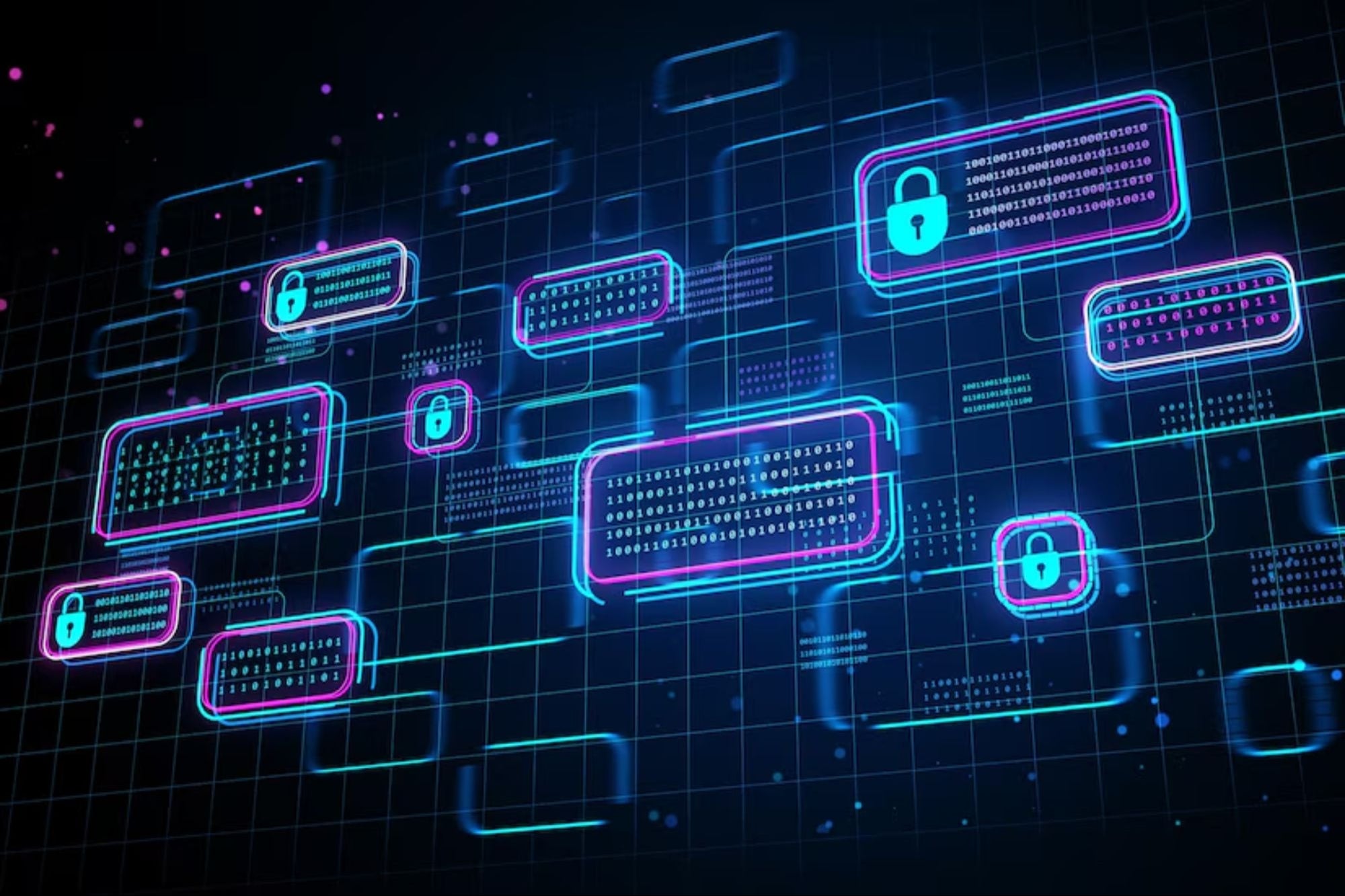The Cybersecurity Wake-Up Call for MSMEs in 2025 Reports highlight the severity of cybersecurity risks, citing over 400 million malware incidents in 2023 alone. As MSMEs expand, lightweight defenses become insufficient. Advanced persistent threats (APTs) and sophisticated ransomware attacks demand medium-weight and eventually state-of-the-art measures.
Opinions expressed by Entrepreneur contributors are their own.
You're reading Entrepreneur India, an international franchise of Entrepreneur Media.

As the digital revolution accelerates, micro, small, and medium enterprises (MSMEs) are finding themselves at a crossroads. The year 2025 is set to bring game-changing opportunities powered by cutting-edge technologies like artificial intelligence (AI), generative AI (Gen AI), and low-code platforms. However, with these opportunities come significant cybersecurity challenges, requiring MSMEs to strike a delicate balance between innovation and protection.
As MSMEs embrace digital transformation, they also become more vulnerable to sophisticated cyber threats. According to Saket Newaskar, director and head of transformation at Expleo, rapid digitization is accompanied by a surge in threats such as phishing attacks, ransomware as well as data breaches. "MSMEs will need to develop an aggressive approach to protecting digital assets with the help of AI. Investing in AI-powered security solutions, conducting regular audits, and fostering a culture of cybersecurity awareness among employees can significantly reduce risks," Newaskar advises. AI-powered security solutions can help detect threats, automate responses, and continuously monitor vulnerabilities.
Akshay Garkel, partner at Grant Thornton Bharat, emphasizes that MSMEs must align their cybersecurity measures with their growth trajectory. "Risk appetite must evolve in line with business goals, ensuring customer protection and brand reputation," he says. The firm's recently released 2025 tech trends report, titled "Growing Responsibly, Together," highlights the need for scalable security frameworks. With India's tech industry valued at $254 billion and employing 5.43 million professionals, the stakes for MSMEs are high.
The report underscores the severity of cybersecurity risks, citing over 400 million malware incidents in 2023 alone. As MSMEs expand, lightweight defenses become insufficient. Advanced persistent threats (APTs) and sophisticated ransomware attacks demand medium-weight and eventually state-of-the-art measures. "By adopting advanced tools and strengthening vendor management, MSMEs can align defenses with their growth," Garkel adds.
Practical steps to mitigate risks
Industry experts agree that a proactive approach is essential for MSMEs to mitigate cybersecurity risks. Ranjit Maayengbam, managing director and founder of 3C IT Solutions & Telecoms, highlights the importance of basics such as firewalls, encryption, and multi-factor authentication (MFA). "Regular updates and patches will address vulnerabilities in software, while secure data backups ensure continuity in case of an attack," he explains.
Training employees to identify threats such as phishing attempts and practicing strong password hygiene is equally critical. "Insider threats and vulnerabilities in third-party services further heighten risks," Maayengbam warns. To combat these challenges, MSMEs must adopt a layered approach to cybersecurity.
Harpreet Singh, COO of Radiowalla Network Limited, echoes these sentiments, emphasizing the need for endpoint security solutions and robust incident response plans. "MSMEs face significant threats, including phishing, ransomware, and insider attacks," he says. Regular system monitoring, secure networks, and collaboration with managed security service providers (MSSPs) can further bolster defenses. Additionally, cybersecurity insurance offers a safety net for businesses facing financial fallout from attacks.
Singh stresses that cybersecurity must be embedded in a company's overall digital strategy. "Proactive measures are more cost-effective than reacting to breaches," he advises.
Trust in a digital ecosystem
With the rise of digital transactions, maintaining trust has become paramount. Gautam Badalia, CEO of Route Mobile Ltd, notes that social engineering and online fraud have grown alongside the digital economy. "Digital-first companies face the uphill battle of distinguishing between genuine and fraudulent users," Badalia says. He advocates for digital identity solutions that bypass traditional authentication mechanisms and use phone numbers and IP addresses to establish user trustworthiness.
"Identifying and blocking malicious users at the sign-up stage can significantly reduce fraud risks," Badalia adds. Such measures not only enhance security but also improve user experience, making it easier for MSMEs to retain and grow their customer base.
As the digital sector continues to evolve, MSMEs must stay ahead by embracing a dual focus on innovation and security. These insights emphasize that while technology offers MSMEs a pathway to growth, cybersecurity must remain a top priority.
With 2025 set to be a transformative year, the stakes have never been higher. MSMEs that strategically invest in emerging technologies while building robust cybersecurity frameworks and fostering a culture of innovation will be well-positioned to thrive in an increasingly digital economy. As Harpreet Singh aptly puts it, "Cybersecurity should be a core part of digital strategy, not an afterthought."










